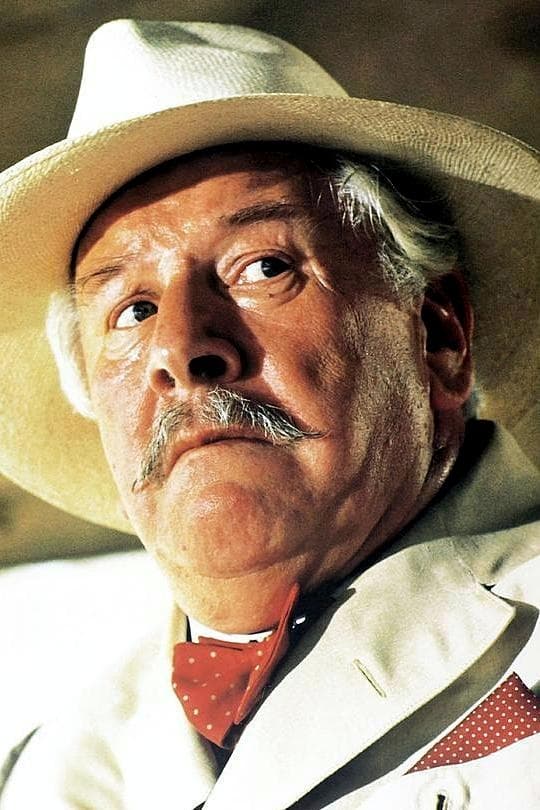
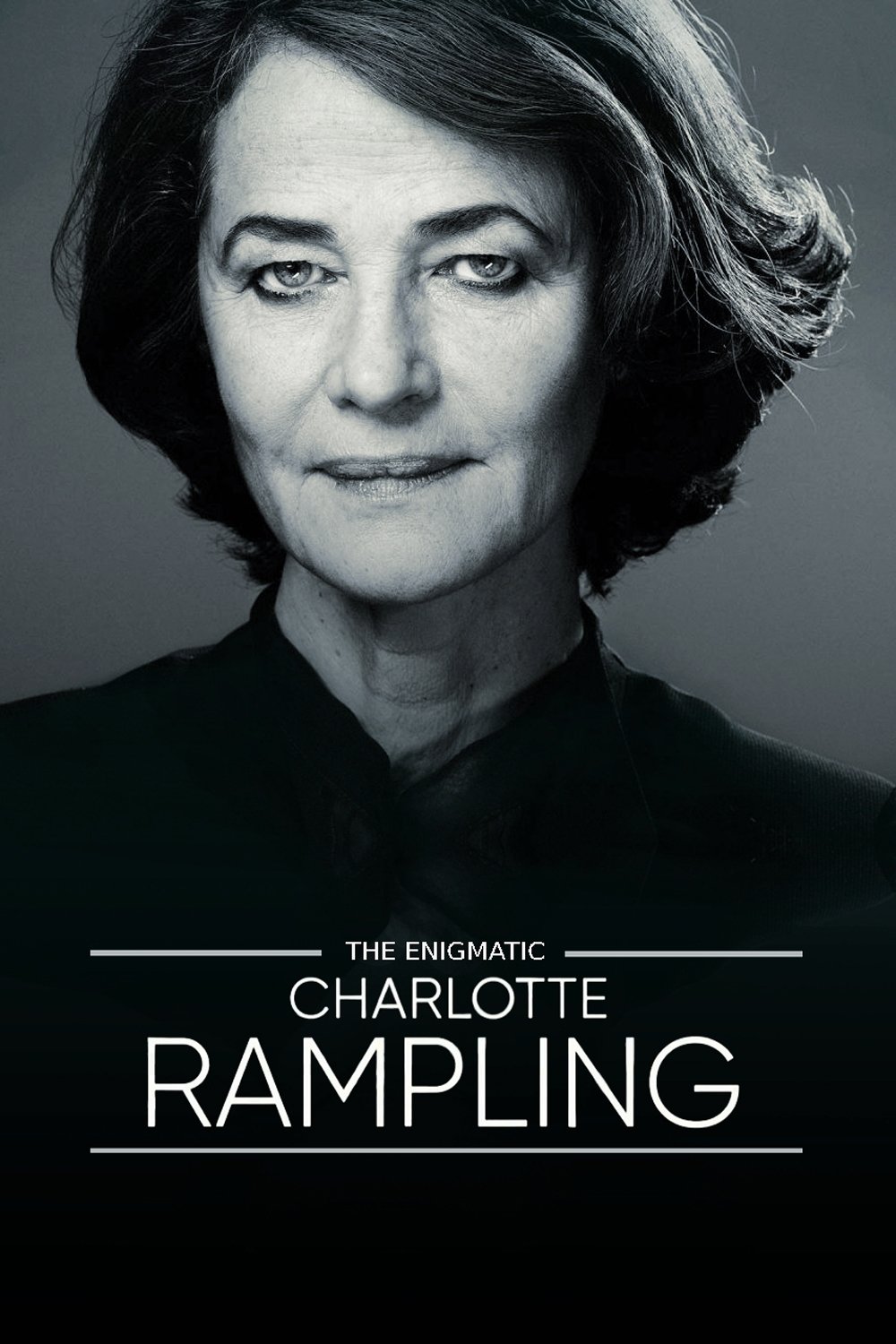
Screen icon Charlotte Rampling has fascinated the world of cinema, fashion and photography with her mysterious and almost inaccessible beauty. A major figure in genre and auteur films, she is unclassifiable: between presence and absence, shyness and audacity, she's always hypnotic, magnetic and fascinating. From her film debut in the mid-1960s in England, to her unconventional career path, through the tragic loss suicide of her older sister that will irremediably mark her acting, this film is a dive into the existential quest of a complex actress, whose every facet is discovered through her roles. Through a conversation with the actress herself, along with personal archives and extracts from her films, this documentary raws a dazzling portrait of her life and career.
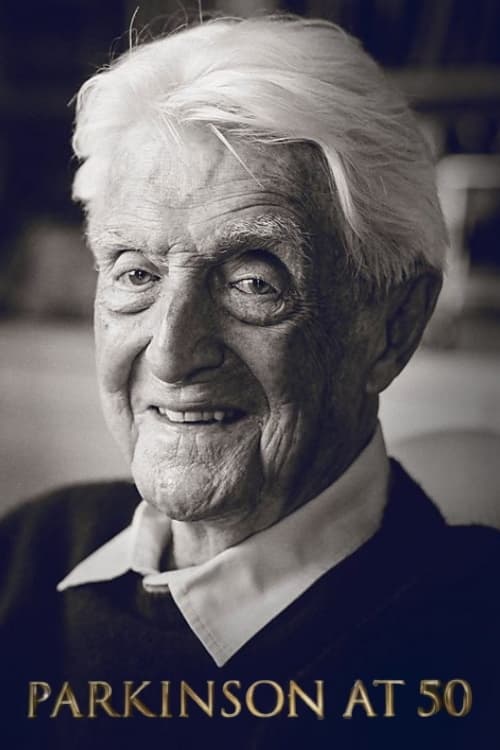
Sir Michael Parkinson looks back over his 50 years as a broadcaster, revealing some tricks of the interview trade and remembering some of his favourite encounters.
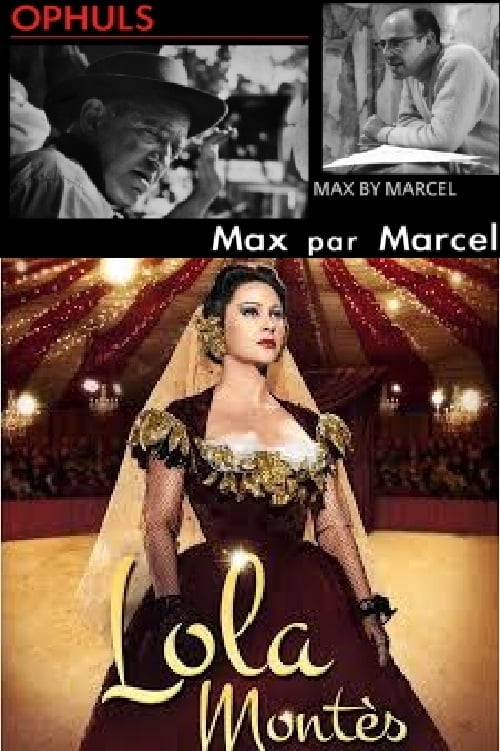
In a series of four documentaries, Marcel Ophuls pays tribute to his father Max, and in this last one discusses his role as an assistant director on "Lola Montès".
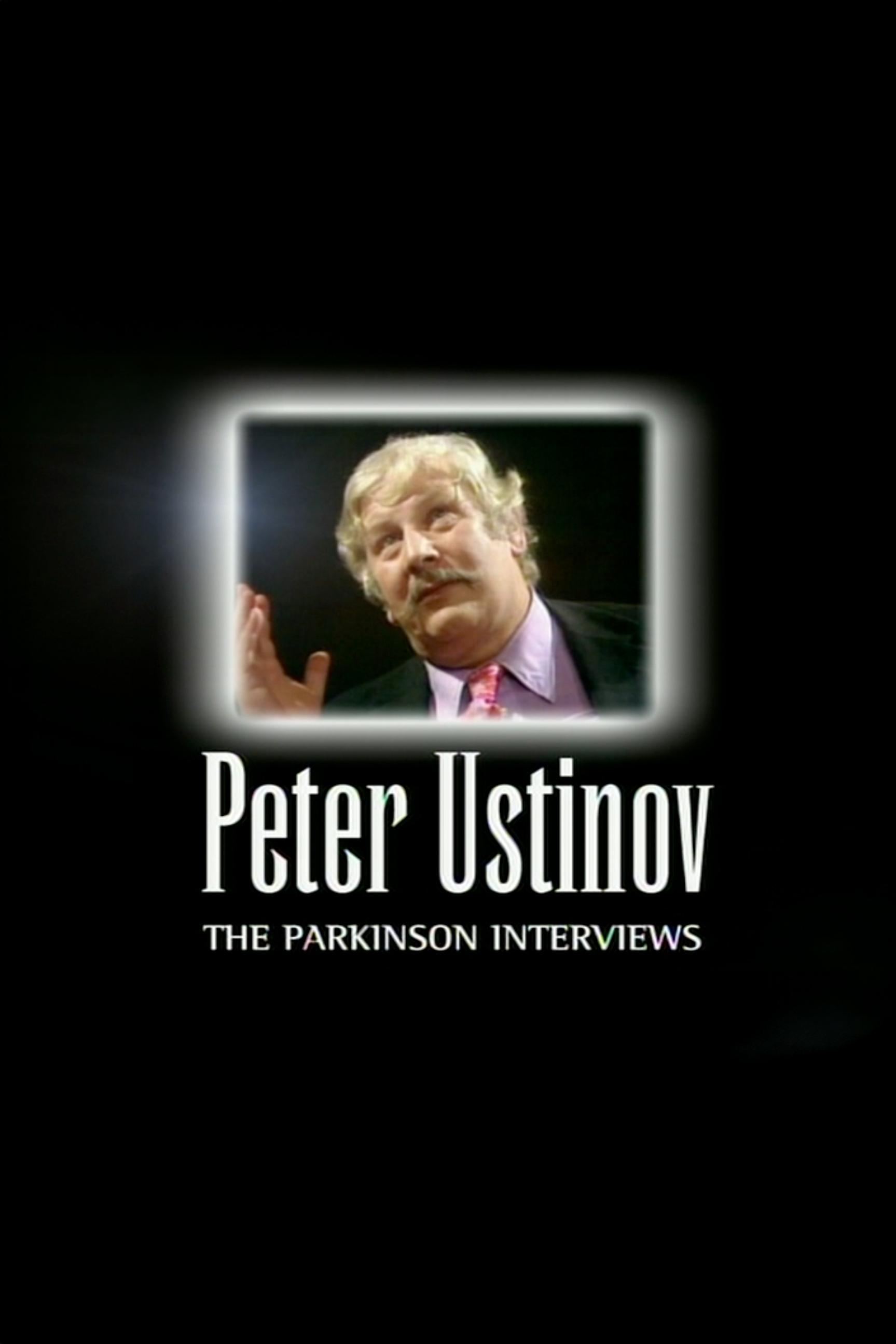
A selection of highlights from Sir Peter Ustinov's appearances on Parkinson. A look back at a multitalented writer, director, actor and ambassador for Unicef.
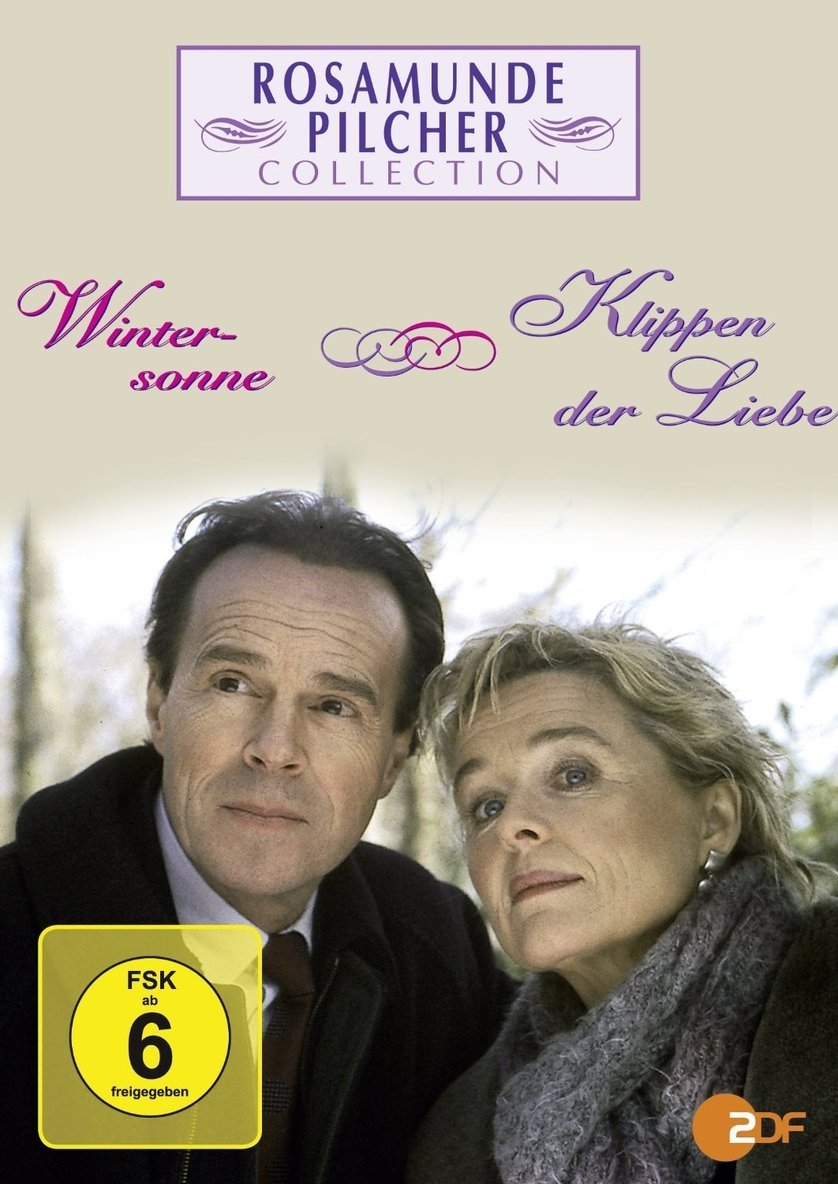
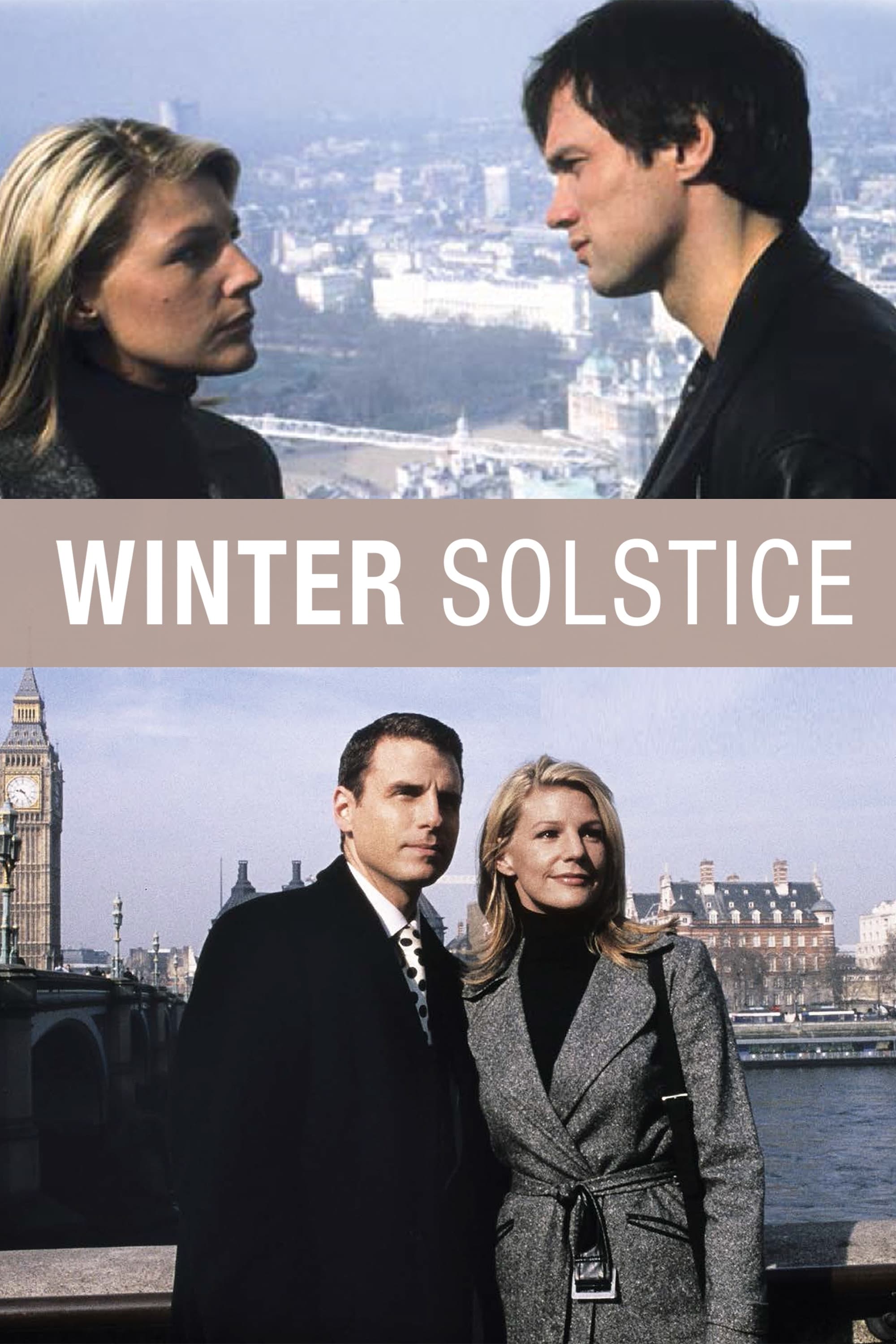
When Elfrida Philips abandons London for a country village, she settles in quickly. She is very poor, but has a tiny cottage, her four-legged friend Horace, and friendships of good neighbors. Tragedy upsets her newfound tranquillity, and she takes refuge in a rambling house with a new gentleman friend in Corrydale. But the group proves to be greater than the sum of its ill-fitting parts, and as the solstice passes, and as Christmas approaches, the healing power of love, begins to work its magic. (Filmed at Dunrobin Castle, Golspie, Sutherland)
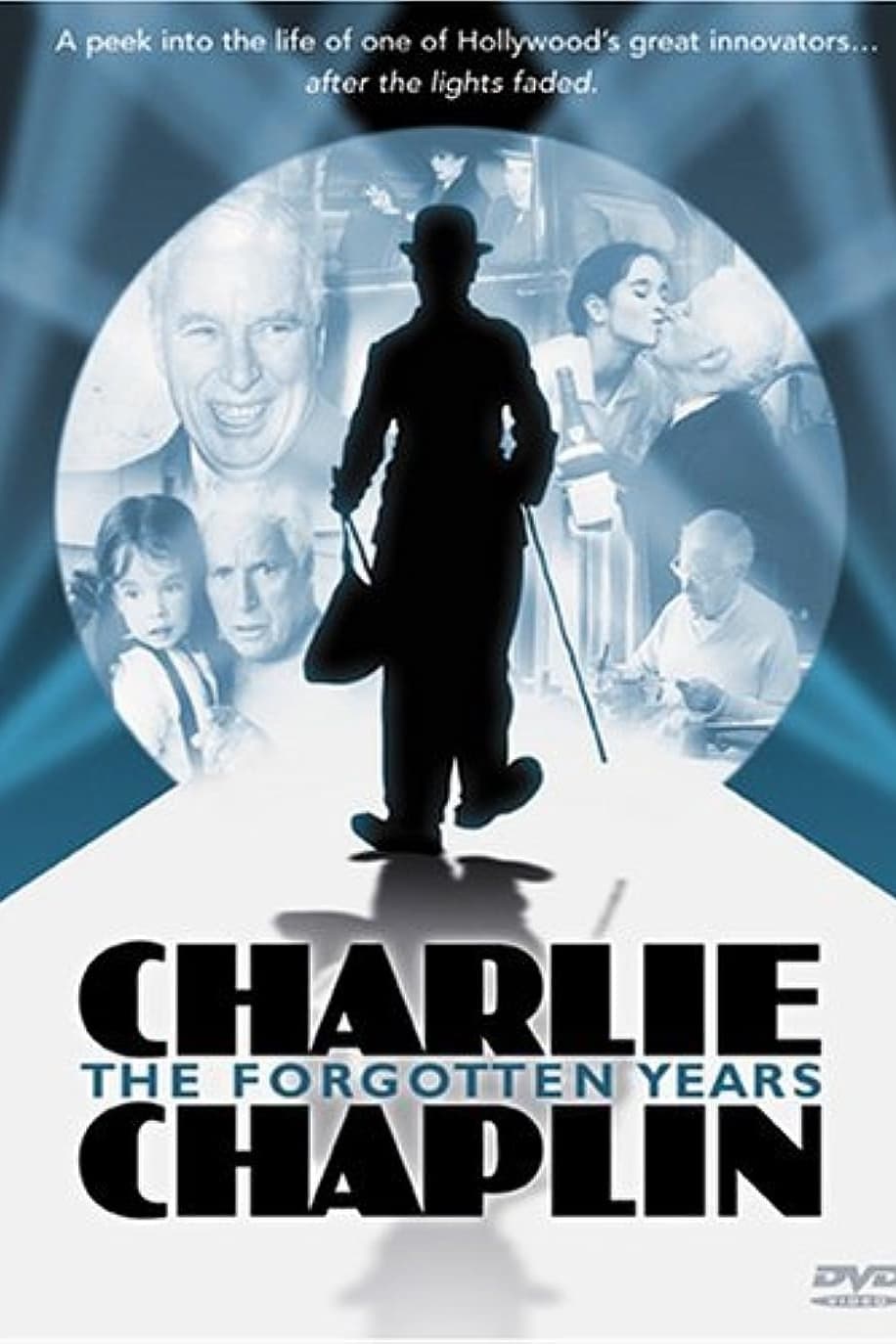
While silent-film star Charlie Chaplin may have charmed American audiences with the onscreen antics of his lovable "Tramp" character, the actor's private life was marred by a series of public scandals that eventually pushed him into exile. In addition to his penchant for much younger women, Chaplin was unjustly hounded by Senator Joe McCarthy's notorious anti-Communist witch hunts, for which the U.S. revoked his visa in 1952. A bitter and disenchanted Chaplin responded by moving his family to Switzerland, where he remained until his death in 1977. This documentary chronicles Chaplin's life and career during those so-called "forgotten years" (during which he became a prolific and highly respected film-score composer) through previously unreleased archival footage and intimate interviews with his friends and family, including his children Geraldine, Michael, and Eugene.
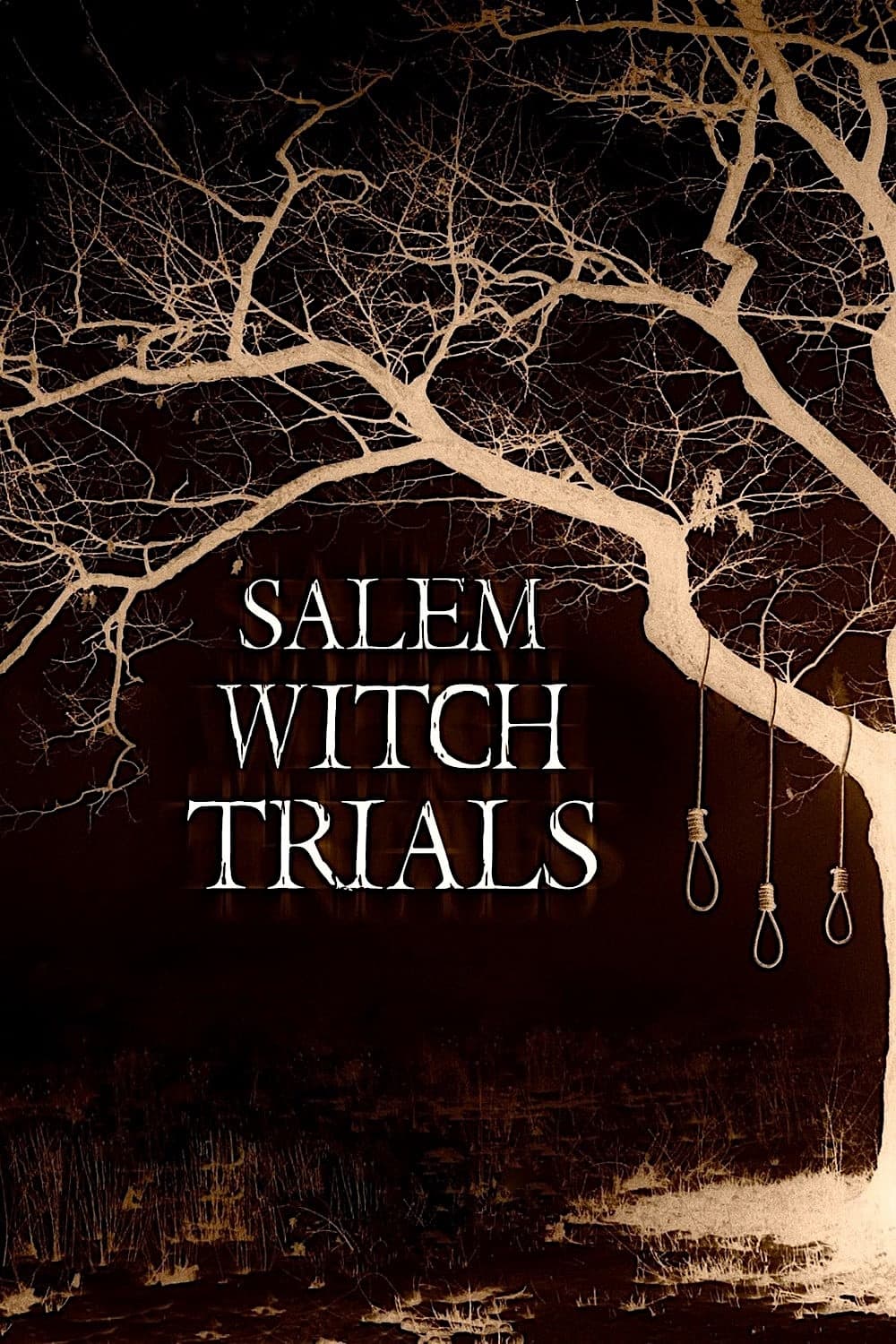
Salem, Massachusetts. A small town—with no clear governing body—became embroiled in a scandal that forever stands as one of the darkest chapters in American history. For those accused of witchcraft by their neighbors and friends, there was little chance of clearing their names; the mass paranoia that ravaged through the community took the lives of 19 innocent men and women.
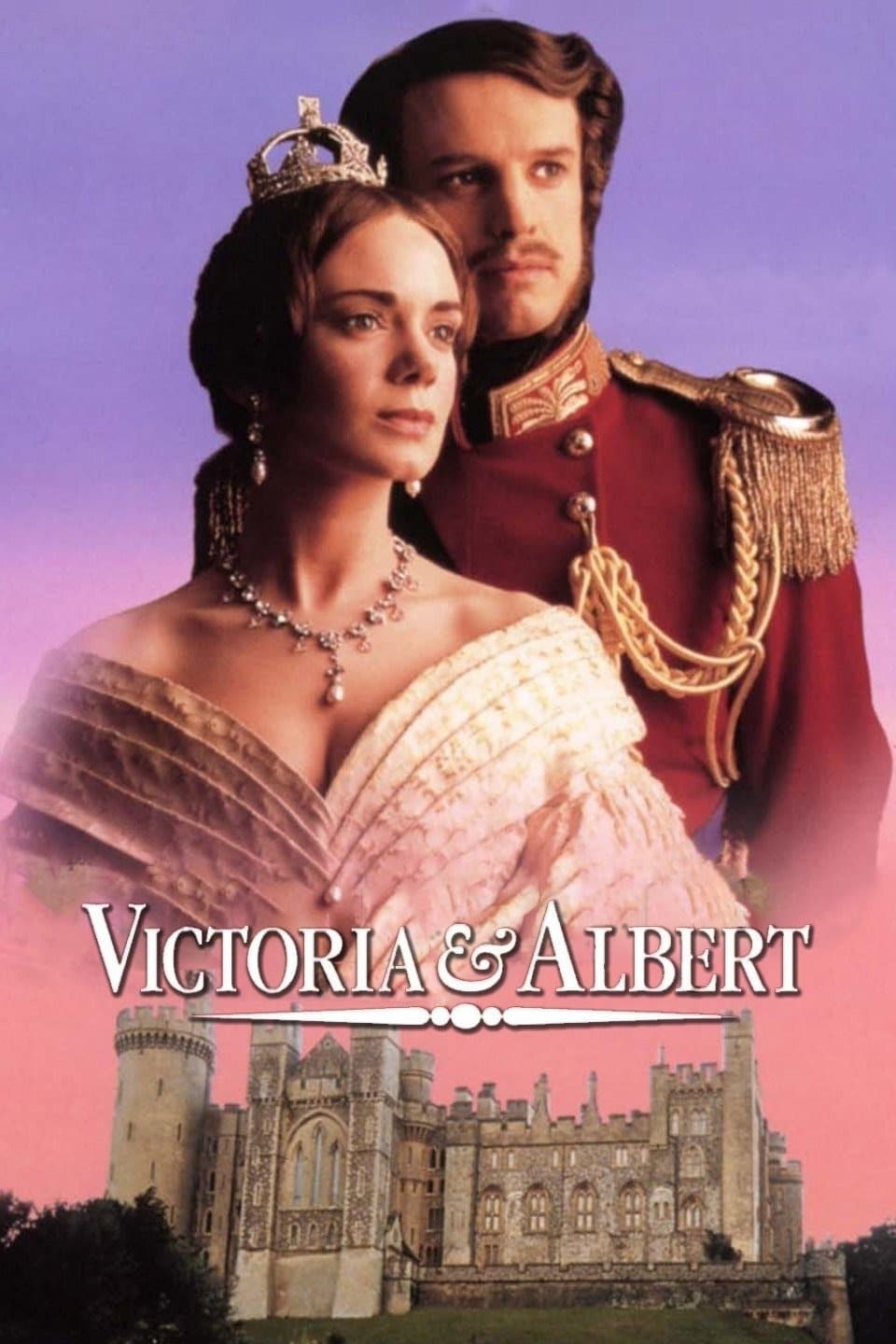
The passionate love story that was Queen Victoria and Prince Albert's lengthy marriage. Beginning in 1837, the year of King William IV's death and 18-year-old Victoria's ascension to the throne, the series charts the tumultuous period in 19th Century England where Victoria comes to terms with the enormous duties that lay ahead of her, while also falling deeply in love with her beloved Albert of Saxe-Coburg-Gotha. The marriage and birth of their nine children are featured, as is Albert's frustration by the inactivity he experienced in the early years of his role as Prince Consort.
Sir Peter Alexander Ustinov CBE ( 16 April 1921 – 28 March 2004) was an English actor, writer and dramatist. He was also renowned as a filmmaker, theatre and opera director, stage designer, author, screenwriter, comedian, humourist, newspaper and magazine columnist, radio broadcaster and television presenter. A noted wit and raconteur, he was a fixture on television talk shows and lecture circuits for much of his career. He was also a respected intellectual and diplomat who, in addition to his various academic posts, served as a Goodwill Ambassador for UNICEF and President of the World Federalist Movement. Ustinov was the winner of numerous awards over his life, including two Academy Awards for Best Supporting Actor, Emmy Awards, Golden Globes and BAFTA Awards for acting, a Grammy Award for best recording for children, as well the recipient of governmental honours from, amongst others, the United Kingdom, France and Germany. He displayed a unique cultural versatility that has frequently earned him the accolade of a Renaissance man. Miklós Rózsa, composer of the music for Quo Vadis and of numerous concert works, dedicated his String Quartet No. 1, Op. 22 (1950) to Ustinov. In 2003, shortly before his death in 2004, Durham University renamed its Graduate Society as Ustinov College in honour of the significant contributions Sir Peter had made while serving as Chancellor of the University from 1992 onwards. Description above from the Wikipedia article Peter Ustinov, licensed under CC-BY-SA, full list of contributors on Wikipedia.
By browsing this website, you accept our cookies policy.